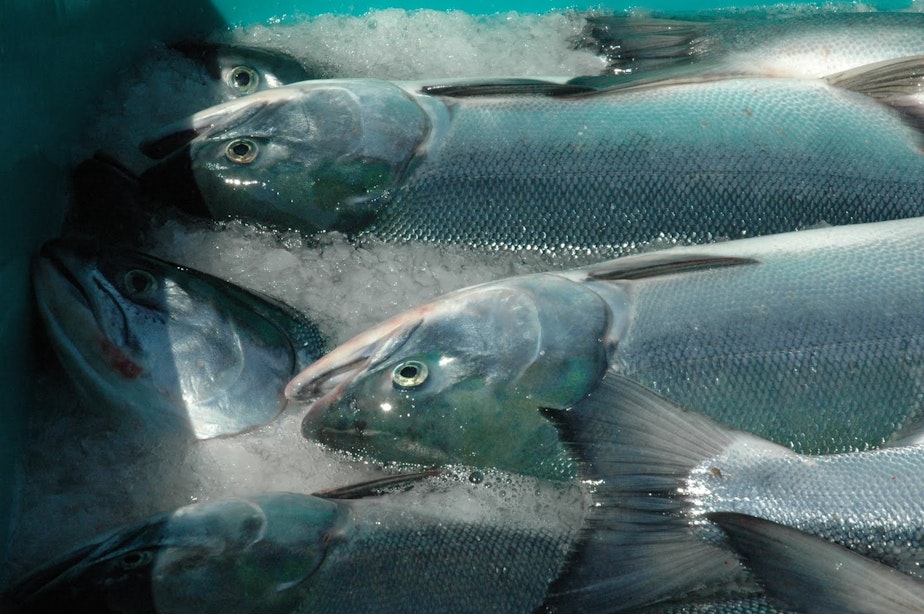Climate Change Could Slash Natives' Fish Catches

Northwest coastal tribes have counted on salmon and herring for thousands of years to fill their nets and fuel their cultures. That could change in just a few decades as warmer waters drive fish north, according to a study out this week from the University of British Columbia.
Researchers looked at 98 species that native, or First Nations, communities catch on the B.C. coast.
"What we find is that most of the species will have a decrease in potential catch and abundance by 2050," said UBC professor William Cheung.
The study focused on tribal fisheries. Some tribes could see their fish catches drop in half as the climate keeps changing.
"First Nation communities and First Nation fisheries are more susceptible to climate change impacts," Cheung said.
Sponsored
The reason: Because they’re tied so strongly to their traditional territories.
The study found declining catches all along the B.C. coast, but the expected impacts are the worst near the Washington border.
The Canadian study didn't look into Washington state. But nine tribes in Washington depend on salmon that swim through U.S. waters on their way to Canadian rivers.
David Troutt with the Nisqually Tribe on south Puget Sound says warm ocean conditions in recent years have decimated his tribe's salmon and crab fisheries.
"That just has devastating impacts from a cultural standpoint and an economic standpoint to the Nisqually Indian tribe, and that same story played out with all the tribes in Puget Sound this year," he said.
Sponsored
Some fishing boats might be able to switch to warm-water fish like sardines and tuna as salmon decline.
"But I just can't even foresee a time when there aren't salmon in the Nisqually River,” Troutt said. “I'm not sure that's a world that I'm really interested in living in."
The study was published in the journal PLOS One.

